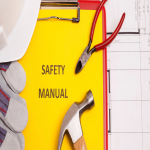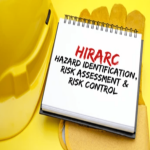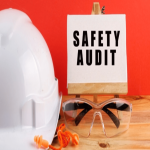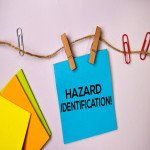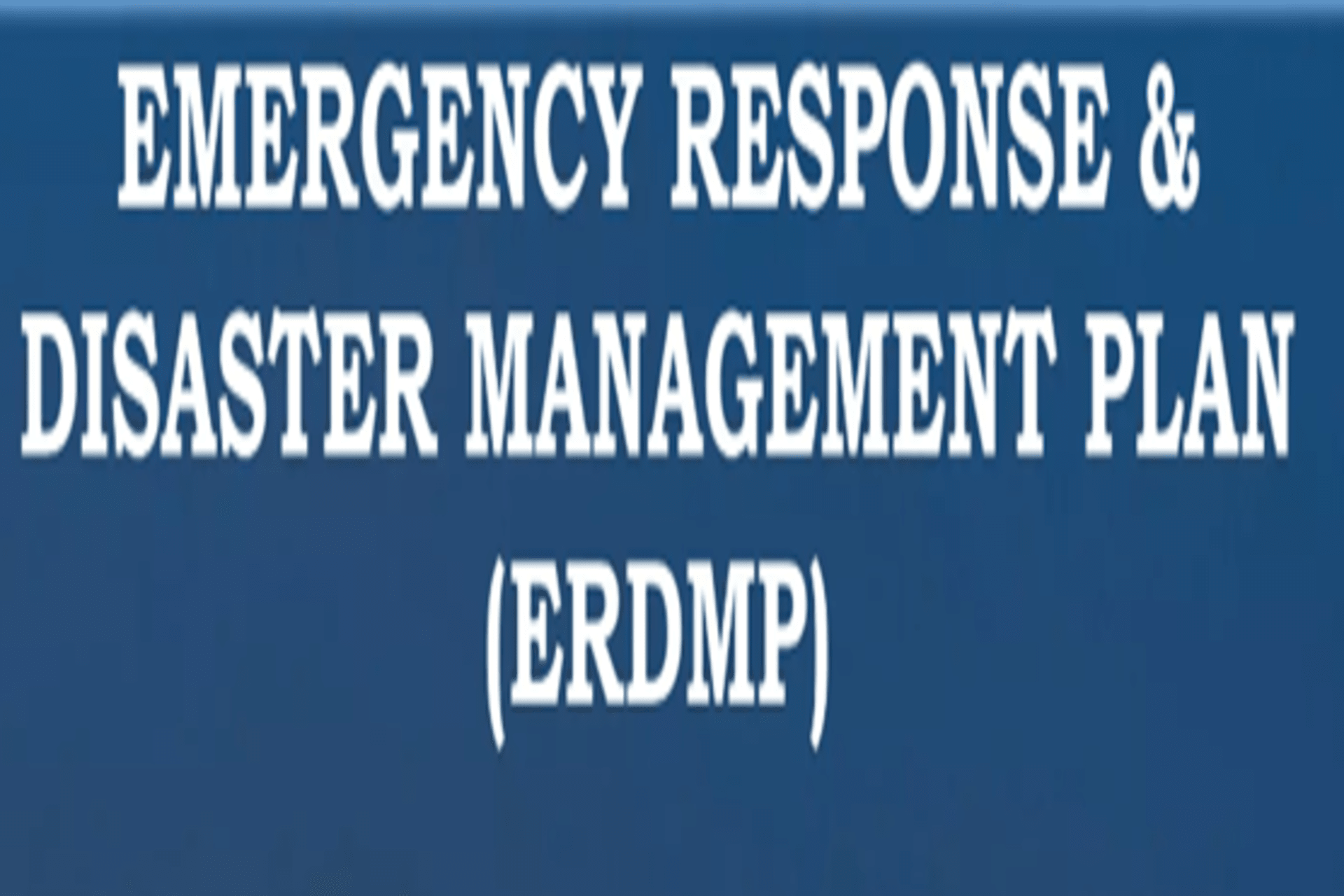
METHODOLOGY FOR EMERGENCY RESPONSE & DISASTER MANAGEMENT PLANS ERDMP
With rapid industrialization and the birth of large-scale plants using complex technologies, it has become vital for industries to develop their own “Emergency Response & Disaster Management Plans" to enable them to meet any undesired eventuality. Some of the disasters in the recent past have brought out glaring inadequacies in the management systems to respond to a disastrous situation to effectively control and minimize the loss of lives and property. Emergency Response & Disaster management plan means a well-coordinated, comprehensive response plan to contain loss of life, property, environment and provide speedy and effective recovery by making the most effective use of available resources in case of a disaster. Such a plan will ensure establishment of a system, which would make optimum use of our available resources for speedy containment of the disaster protecting the health and safety of people, nearby residences and workers as well as minimizing damage to property and environment.
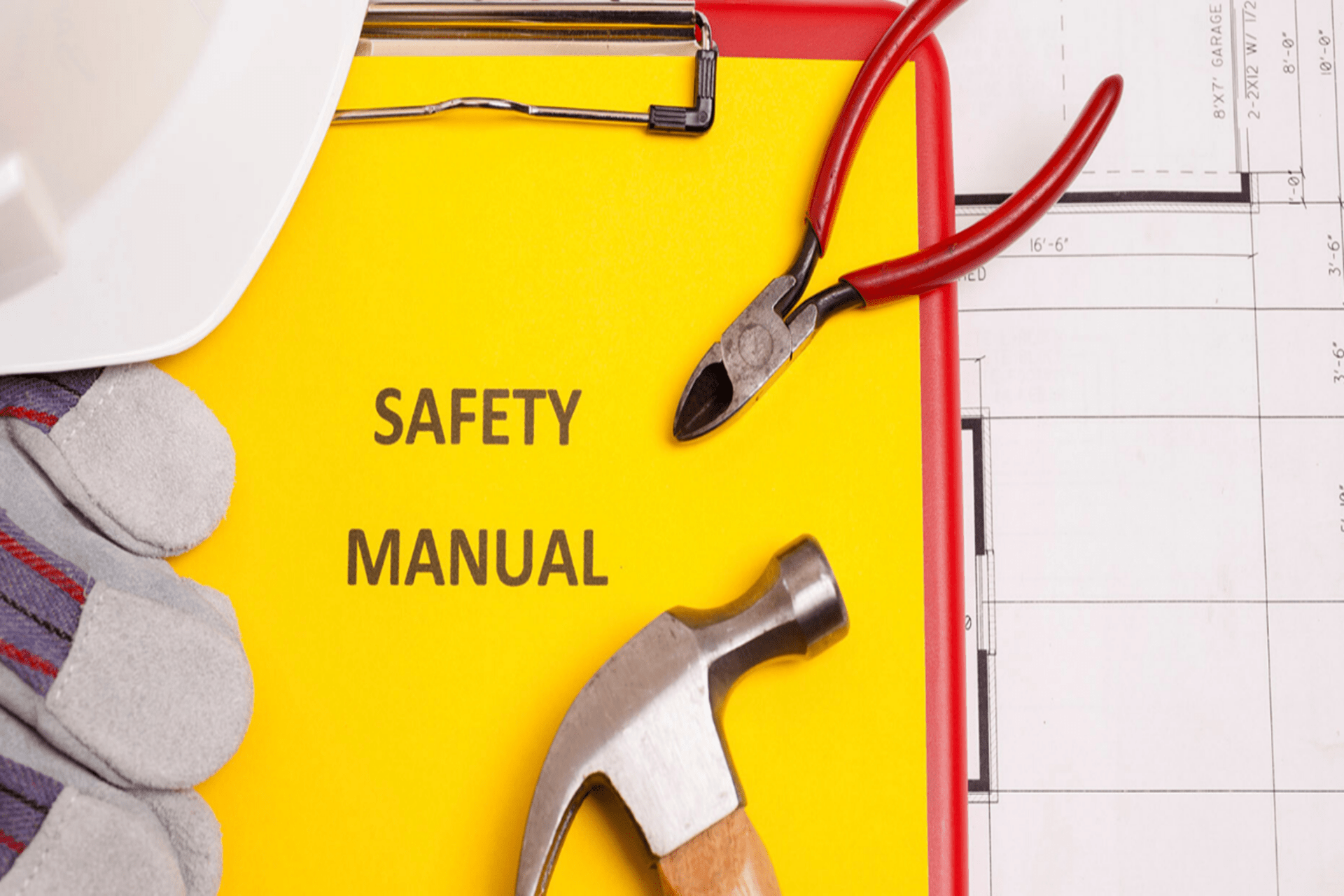
METHODOLOGY FOR SAFETY MANUAL
The establishment and maintenance of a safe and healthy working environment is a requirement of any organisation. The general Health and Safety Policy statement of the University must be supplemented therefore by detailed reference to our organisation and the arrangements most likely to ensure the success of the Health and Safety Policy within the University
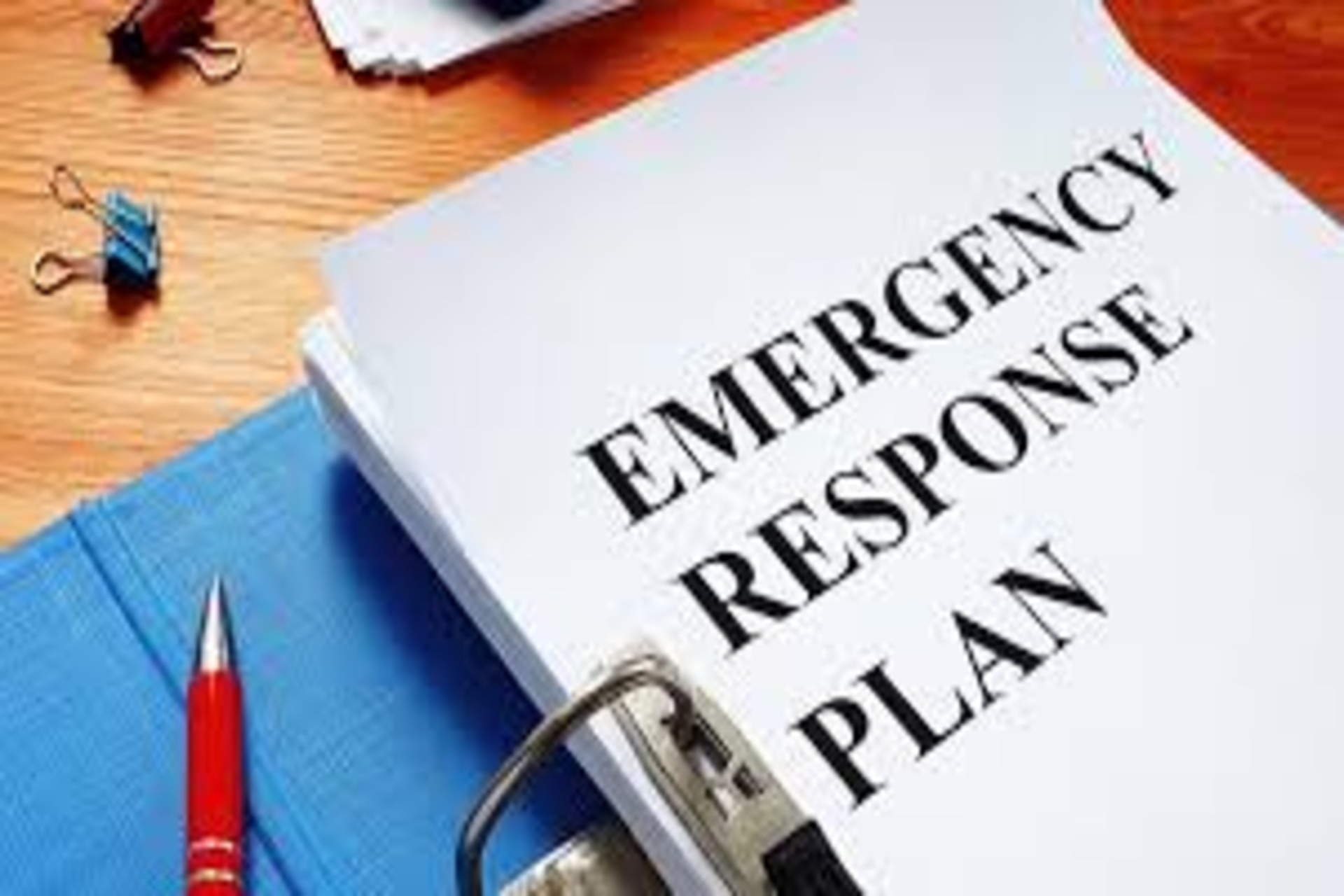
METHODOLOGY FOR EMERGENCY RESPONSE PLAN
The plan identifies departments and individuals that are directly responsible for emergency response and critical support services, and it provides a management structure for coordinating and deploying resources.
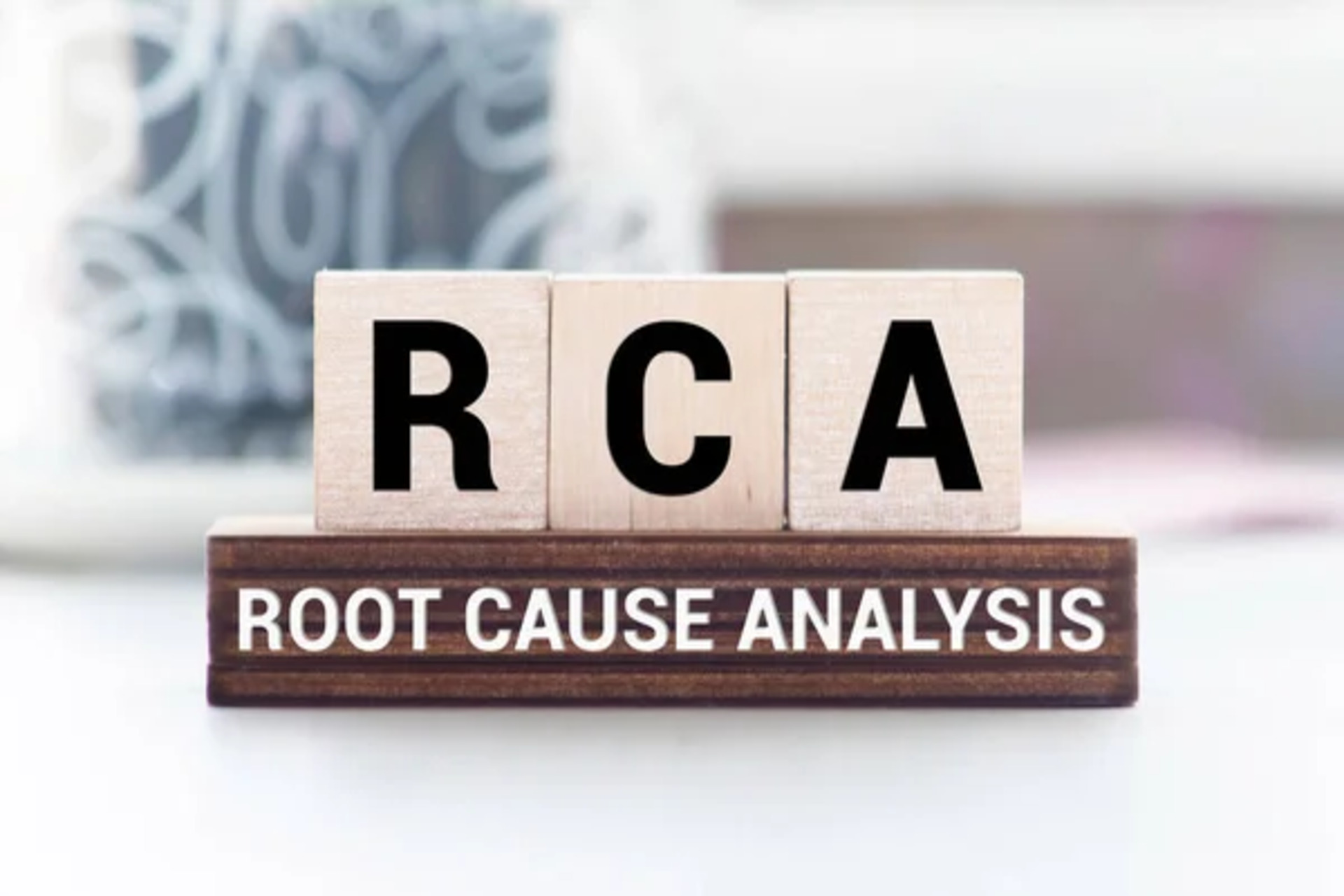
METHODOLOGY FOR ROOT CAUSE ANALYSIS (RCA)
Root Cause Analysis (RCA) is a structured methodology used to identify the underlying causes of problems, incidents, or failures. It aims to go beyond addressing immediate symptoms and instead seeks to understand the fundamental reasons why an issue occurred. The primary goal of RCA is to prevent the recurrence of problems by addressing their root causes. It helps organizations improve processes, systems, and performance by understanding why things go wrong.
METHODOLOGY FOR DUST HAZARD ANALYSIS
This standard shall provide the minimum general requirements necessary to manage the fire, flash fire, and explosion hazards posed by combustible dusts and directs the user to other NFPA standards for industry- and commodity-specific requirements.
METHODOLOGY FOR SAFETY TRAINING
This methodology document outlines our structured approach to designing and implementing safety training programs that not only meet regulatory requirements but also exceed the expectations of our clients. Our methodology is built upon years of experience and expertise in various industries, where we have successfully guided organizations towards enhanced safety practices and reduced workplace incidents. By understanding the unique challenges and specific needs of each client, we ensure that our training programs are not only informative but also practical and relevant to the daily operations of their workforce.
